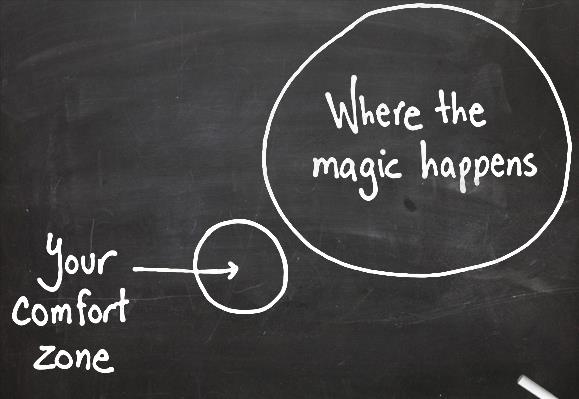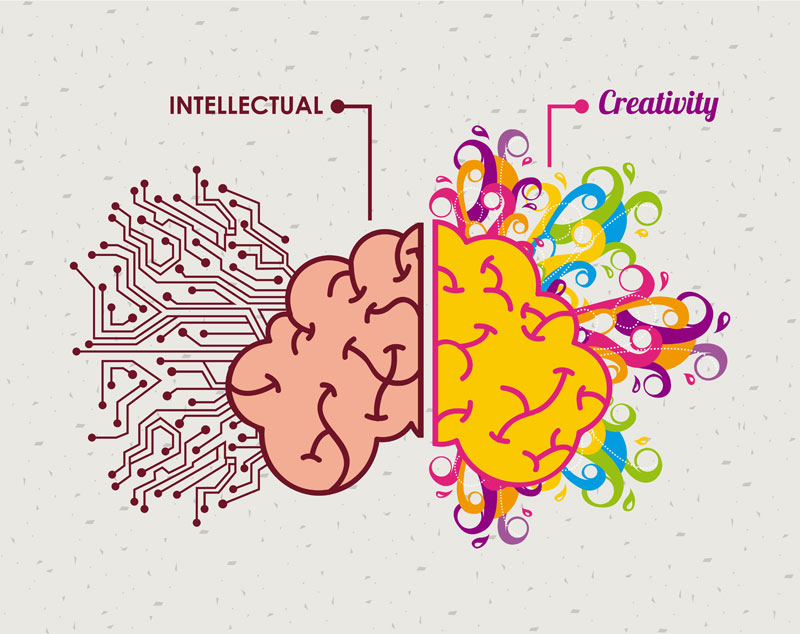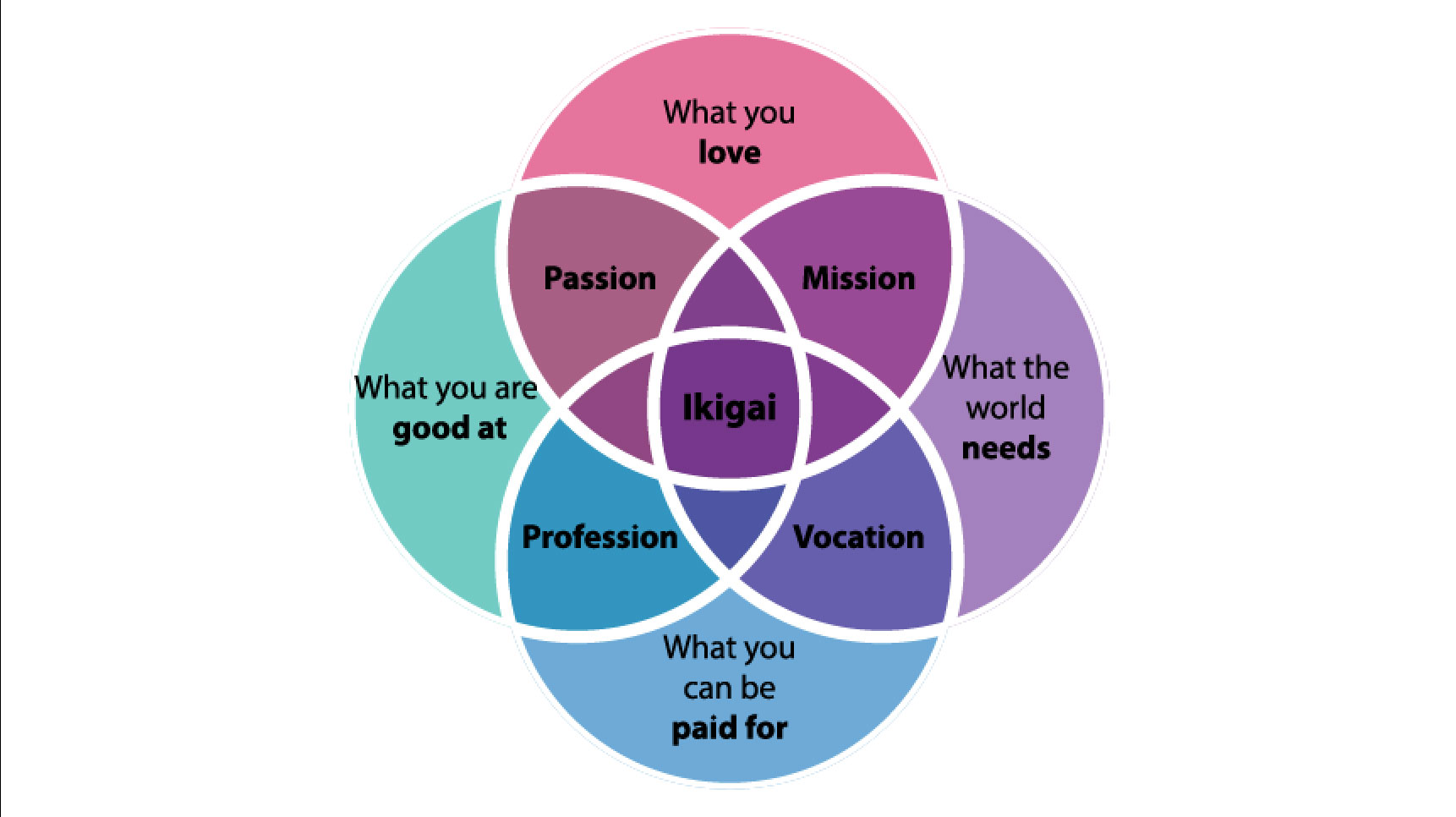We’ve all at some point seen the cliché situation of a man sitting at a desk, amidst a hundred others, back arched over and face inches away from a glowing screen, while an intimidating ‘superior’ walks about with his glasses sitting tentatively at the end of his nose. Just think of the movie Office Space.
It seems to be the default image of a boring 9-5 job with little to no excitement, except for when someone goes crazy and throws their chair across the room.
Sometimes we can’t avoid getting stuck into a system, a routine, or forming a habit. Sometimes it’s a good thing — exercising, a regular walk in the park, meditating. Other times it’s not — smoking, checking Facebook every 5 minutes, the aforementioned job.
Fortunately we’re not robots, and as such we’re not built for a repetitive predictable lifestyle. We’re human, fluid creatures that change and adapt, we find patterns and are naturally curious about our surroundings.
Predictability and routine stifle creativity; novelty and unpredictability encourage it.
Creativity is doing things in novel and unexpected ways, how can we be creative when our lives fail to follow that same principle? If what we do with the time given to us is predictable and repetitive, all we will ever create will follow suit.
In order to create something novel and unexpected, we need to break the routine and insert some unpredictability, to look for the unknown and let our curiosity be our guide.
I’m not saying you need to throw your chair across the room and storm out of your job (for some this may be an option), but there are many things you can do throughout the day to mix things up and give your creative mind a boost.

1. Step outside your comfort zone.
Do something your previous self would find crazy. Start a conversation with a stranger without knowing what you’ll talk about, run a marathon unprepared, take a dance class, jump out of a plane. Scare yourself, face your fears, willingly put yourself into situations you don’t understand and can’t fully control, you’ll be surprised how quick your mind jumps to the rescue.
2. Seek out complexity.
Find things that are beyond your understanding and comprehension. Take a walk through a park, look at the stars at night, if you’re indoors you can take a look around Google Earth, Sky or Moon, or watch an interesting documentary — start to think about what you really know about what you see, how does it work? What don’t you understand and what might be the answer? How could the way that these things work be applied to something else?
3. Start learning something new.
It’s long been said that learning new languages makes you smarter, I’m all for that, but this is not limited to the likes of Spanish or French, this includes such languages as music theory or coding. What we’re really talking about is learning new schemas, frameworks for perceiving and representing information. By learning new systems you open yourself up to new modes of thinking that can then be brought across to other areas of life — learning German might improve your math, learning HTML might help you with problem solving, music theory with emotional intelligence.
Our brains are attuned to change, they’re experts at taking notice when something in our surrounding environment is modified, forcing us to focus on it. Change keeps us alert, it keeps us in the moment, without it we fade away into the background. By seeking out novelty and breaking our routines, we’re forcing ourselves to adapt and accommodate new experiences and modes of thinking.
Being creative relies on our ability to think in ways that differ from established lines of thought, to do that we need to break away from the established lines of living. By embracing the unknown and being the curious creatures we were designed to be, we open ourselves up to new experiences and new knowledge, which is perhaps the most essential piece to accelerating creativity and developing our creative mind.




